Urban homesteading is all about embracing a self-sufficient lifestyle, even in the middle of a bustling city. It’s about using the resources you have right at home—whether that’s a small backyard, balcony, or even a windowsill—to grow your own food, reduce waste, and reconnect with the land. The beauty of urban homesteading is that you don’t need acres of land to get started; just a willingness to be resourceful and a desire to reduce your reliance on commercial systems. These 15 simple steps can help you start living a more sustainable, prepared life without leaving the city.
1. Start a Container Garden

If you don’t have a yard, container gardening is the perfect solution. You can grow herbs, vegetables, and even small fruits in pots on your balcony or windowsill. Tomatoes, peppers, and leafy greens thrive in containers. Plus, you can easily move them around to catch the sunlight they need.
2. Compost Kitchen Scraps
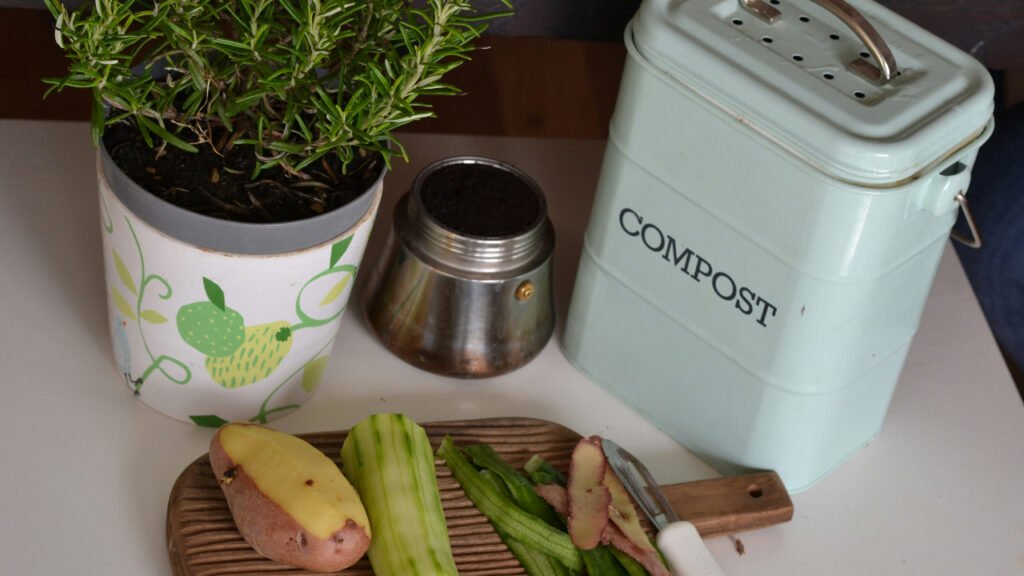
Composting isn’t just for people with large outdoor spaces. There are compact indoor composting systems available, like vermicompost bins that use worms to break down organic matter. Turning your food scraps into nutrient-rich compost will cut down on waste and help your plants thrive.
3. Harvest Rainwater
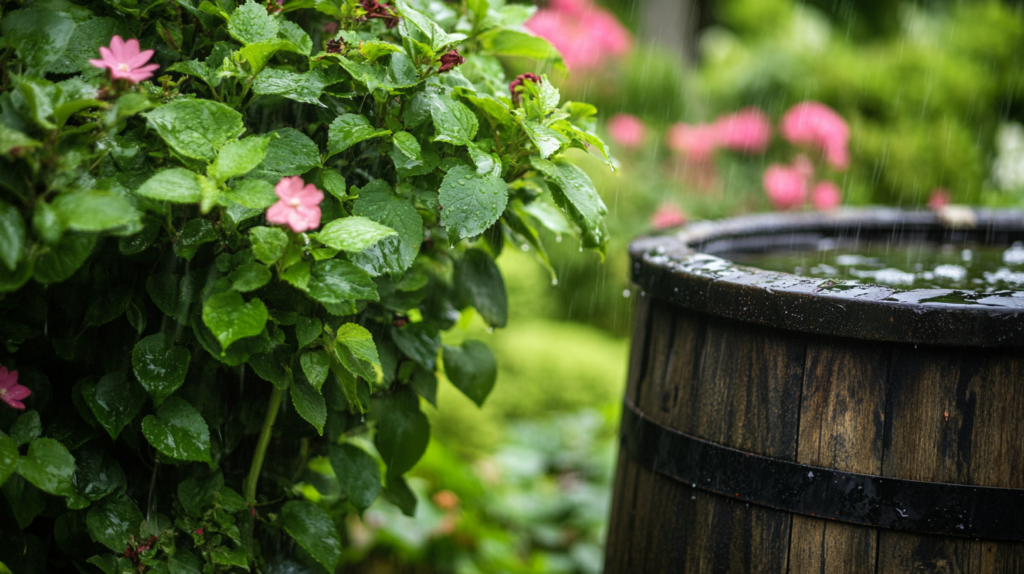
Rainwater collection systems are easier to install than you might think. Use a simple rain barrel under your gutters to collect water for your garden. It’s a great way to conserve water and cut down on your utility bill, especially if you live in an area with frequent rainfall.
4. Grow Herbs Indoors
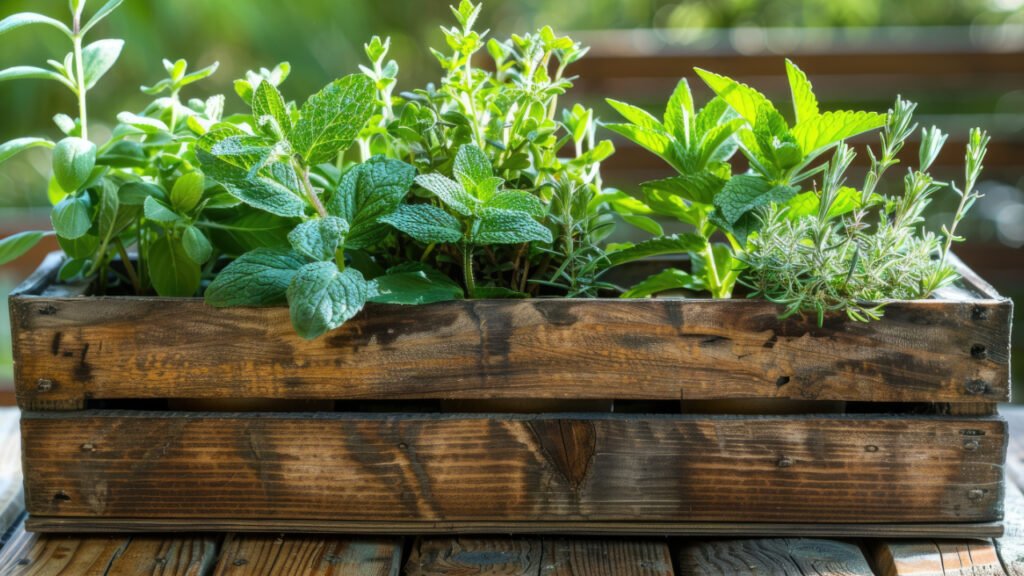
You don’t need a lot of space to grow fresh herbs. Basil, rosemary, mint, and parsley can all thrive indoors with a bit of sunlight. Growing herbs at home is not only convenient, but it also adds flavor and freshness to your meals.
5. Raise Backyard Chickens

If your city allows it, raising chickens is a rewarding way to produce your own fresh eggs. Chickens are relatively low maintenance, and they’ll even help with pest control in your garden. Plus, chicken manure makes an excellent fertilizer for your plants.
6. Make Your Own Cleaning Supplies

Many store-bought cleaning products are filled with harsh chemicals. You can make your own natural cleaning solutions using simple ingredients like vinegar, baking soda, and essential oils. They’re safer for your home, better for the environment, and much cheaper too.
7. Practice Canning and Preserving

Learning how to can and preserve food is an essential skill for any homesteader. Even if you don’t grow all your own food, you can buy local produce and preserve it for later use. Canning, dehydrating, and fermenting are great ways to extend the life of your harvest.
8. Build a Raised Garden Bed
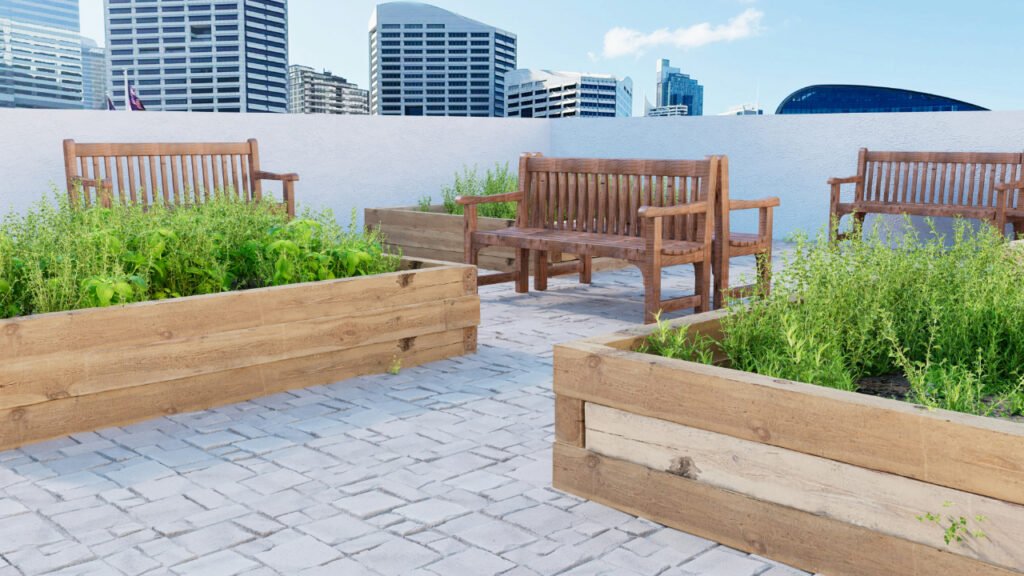
If you have a small yard or patio, a raised garden bed can give you more control over the soil quality and drainage. Raised beds are ideal for growing vegetables in compact spaces, and they can be built from recycled materials like old pallets or bricks.
9. Bake Your Own Bread

Baking bread from scratch is a skill that connects you to your food in a meaningful way. Not only is homemade bread delicious and healthier, but it’s also a great way to cut down on store-bought packaging waste. Plus, the smell of fresh bread baking is unbeatable!
10. Plant Native and Pollinator-Friendly Plants

Attracting pollinators like bees and butterflies to your garden is vital for growing food and supporting biodiversity. Choose native plants and flowers that thrive in your region and provide nectar for these important creatures.
11. Learn to Sew and Repair Clothes

Rather than throwing away damaged clothes, learning to sew can help you repair and extend the life of your garments. You don’t need to be an expert—basic sewing skills can save you money and reduce waste in the long run.
12. Build a DIY Worm Farm
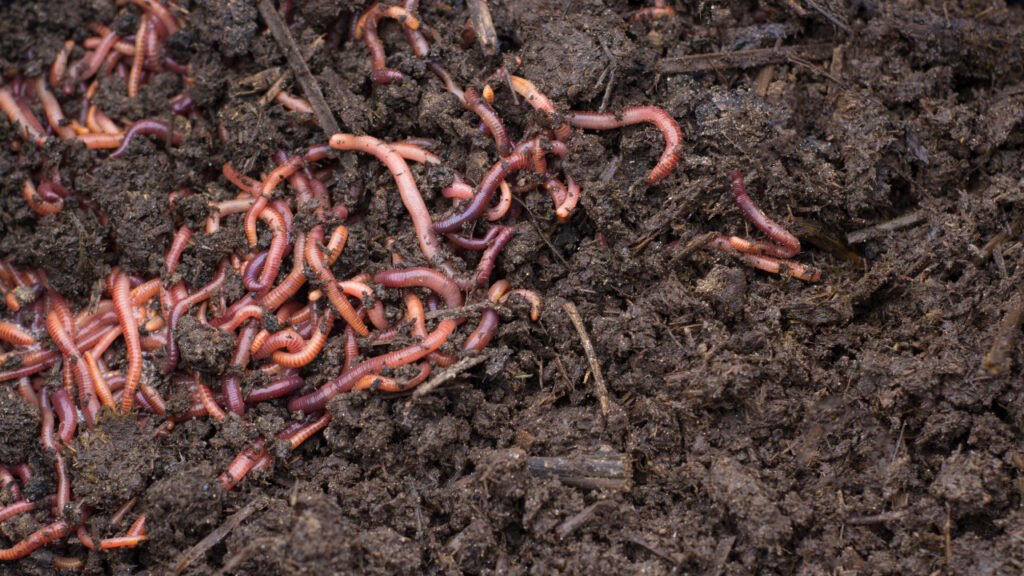
Worm farming, or vermiculture, is a great way to turn your organic waste into high-quality compost. It’s an eco-friendly project that’s perfect for small spaces, and the worm castings (compost) are an excellent fertilizer for your plants.
13. Start a Beekeeping Hive
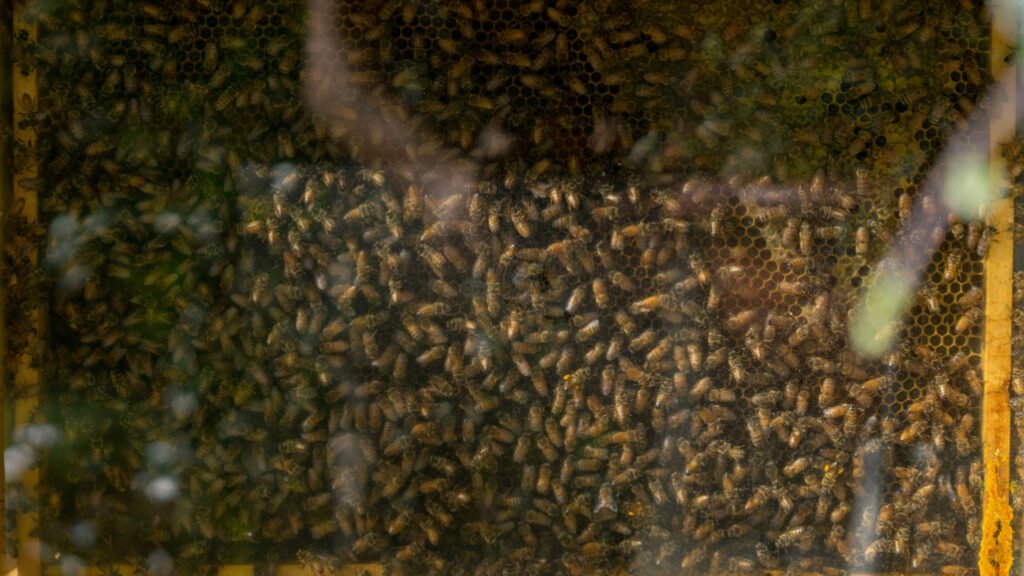
If you have a little extra space and the right zoning laws, urban beekeeping can be a rewarding venture. Bees help pollinate your garden, and you’ll be able to harvest honey, beeswax, and even propolis from your hive.
14. Make Your Own Beauty Products

You can create your own soaps, lotions, and balms using natural ingredients like coconut oil, shea butter, and essential oils. Not only will you avoid harmful chemicals, but you’ll also reduce the need for plastic packaging.
15. Practice Water Conservation

Water conservation is crucial for any homesteader, especially in urban environments. Simple habits like fixing leaks, using low-flow fixtures, and repurposing greywater from your sink or shower can make a big impact. Every drop saved is a step toward a more sustainable lifestyle.

